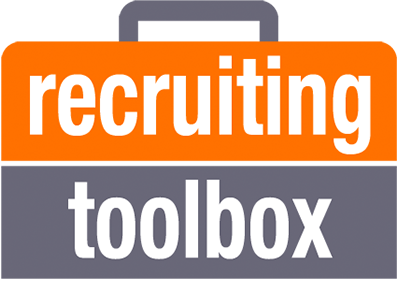
I've been thinking a lot about access. Specifically, the access some candidates have — or don't have — to information about interviewing process.
Some of us grew up knowing people who worked in big companies — our parents, our friends, our college professors. When our time came to interview for jobs, they could give us insights into what we’d likely be asked and help us prepare for behavioral interviewing or white-board or role-play questions. Overall, they could help us understand what potential employers are REALLY listening for when asking certain questions.
But, some of us didn't have any of that — and that’s a huge disadvantage. Not knowing what to expect or how to prepare would absolutely impact a candidate’s interviewing performance and the perception of that performance by corporate recruiters and hiring managers. And, in many cases, hiring teams will hire someone who is a great interviewee over a great performer (a false positive hiring decision) or decline someone who is a poor interviewee who would have been a great employee (a false negative hiring decision).
My challenge to each of us in 2020 and beyond
I feel like, as recruiters, we have an obligation to help candidates succeed. In fact, I think this could be a New Year’s resolution for all of us.
This doesn’t mean sharing every little detail about what we're listening for in our competency-based questions or telling them the key phrases to use to influence a particular hiring manager. What we need to do is bring transparency to the overall interviewing process — the "what to expect" part that's not always accessible to all candidates. I mean, if your goal is to recruit from non-traditional sources to improve diversity, then it's a colossal waste for a candidate to fail only because they didn't know how to prepare. Am I right? Yes, I am right :).
So, what can we do?
1. Bring some visibility and transparency to our hiring process
As recruiters, we can publish a blog post on our main company website and write up something on our career site that outlines "what to expect when you interview with us." We can then share a link to this during the interview scheduling process and on Glassdoor. For example, Google has a page like this on their career site detailing tips for applying and interviewing and explaining how they make hiring decisions:
2. Point candidates to external resources that can help them prepare for the interview
Imagine how beneficial it would be for a technical candidate who has never interviewed with a big tech company to be given a step-by-step guide that will help them prepare. Luckily, there are sites that do just that, like codinginterview.com. That same site offers company-specific guides, as well. For example, here’s one for Facebook.
When I was a hands-on recruiter, I wanted my candidates to win. I'd do my best to prep them before the onsite interview, but honestly, I wasn't consistent in my approach, and didn't have something pre-built to point them to (but I wish I did). Now, it's trivially easy to build a little content and share it online, via email, on social, on your career site, or on the sites candidates use to research you, like LinkedIn and Glassdoor.
My firm, Recruiting Toolbox, is starting to do our part by providing more "access and information" to underrepresented groups. For example, we delivered a "reverse engineering the interview" training session for a developer academy that focuses on underrepresented groups (Ada Developers Academy is a non-profit, tuition-free coding school for women and gender diverse adults that focuses on serving low-income people, underrepresented minorities, and members of the LGBTQIA+ community). In addition to influencing your own company to put more content on your career site, perhaps you can also volunteer to share your insights from the employer/recruiter side at a community college or community group, and help people who don't have easy access to interviewing insights improve their confidence and skills.
What do you do to level the playing field and help your candidates navigate the interview process at your company? Let me know on Twitter @vlastelica.
To receive blog posts like this one straight in your inbox, subscribe to our blog.
* Photo by Will Myers on Unsplash

